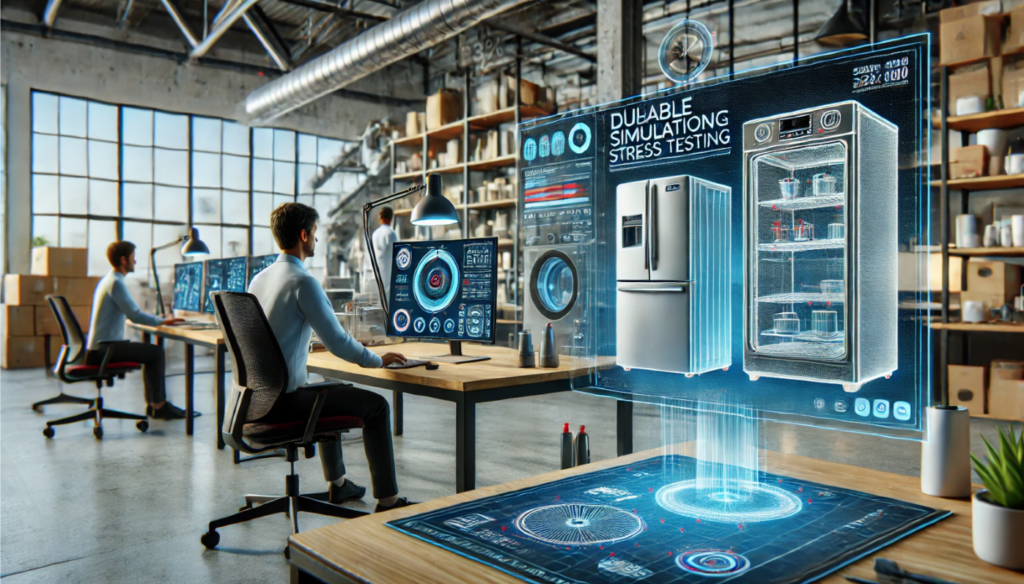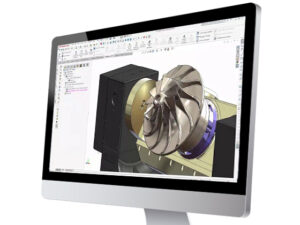In the highly competitive world of consumer goods, getting a product to market quickly without compromising quality is essential. Yet, creating products that are both functional and durable, while meeting consumer expectations, is a challenging task. Simulation technology has emerged as a game-changer, enabling manufacturers to perfect product designs before they even reach the production floor.

Here’s how simulation tools like SOLIDWORKS Simulation and SIMULIA are transforming product development for everyday use.
Eliminating Design Guesswork
Simulation software allows engineers to test designs virtually, identifying potential weak points, material inefficiencies, or performance issues early in the development process. For example, a manufacturer designing a new kitchen appliance can use simulation to test how the product withstands repeated use, high temperatures, or accidental impacts. This eliminates costly physical prototypes and accelerates time to market.
Enhancing Product Durability
Durability is a critical factor in consumer goods, especially for items like furniture, hand tools, or household appliances. Simulation tools can model real-world conditions to ensure products can withstand wear and tear. By running stress tests, fatigue analyses, and drop tests virtually, engineers can fine-tune designs to meet durability requirements without overengineering and inflating costs.
Optimizing Material Usage
Using simulation, manufacturers can optimize material usage for both cost and sustainability. Lightweighting strategies—reducing the weight of products without sacrificing strength—are especially popular in the furniture and appliance sectors. Simulation helps determine the ideal material composition and structure, reducing waste while maintaining quality.
Speeding Up Innovation
Consumer goods are subject to rapidly changing trends and consumer demands. Simulation accelerates innovation by allowing companies to iterate designs quickly. Engineers can test multiple configurations simultaneously, from ergonomic improvements to aesthetic refinements, ensuring that new products hit the market faster.
By leveraging simulation technology, consumer goods manufacturers can stay ahead of the competition, deliver high-quality products, and reduce costs—all while meeting the ever-increasing demands of today’s consumers.
Share
Meet the Author

